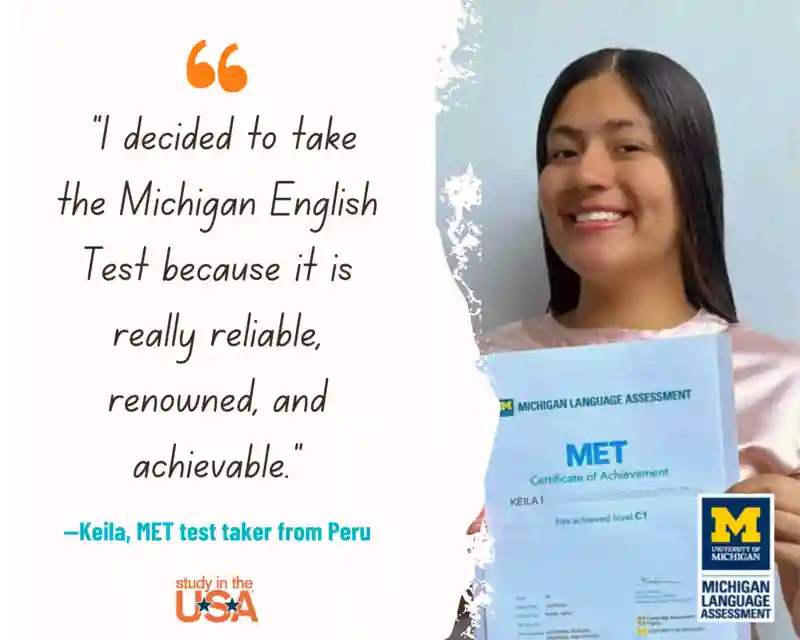A Taste of Home

Jiaao Xue, a Chinese native studying at the University of Illinois Urbana-Champaign, has a special remedy for homesickness. When he’s missing his family’s home-cooked meals, he heads to the Chinese restaurant near campus.
“I come from Beijing, the northern part of China,” he says, “and the owners of this restaurant also come from northern China. Therefore, I feel like being home again every time I go there. I like the food so much.”
Food is a traditional source of comfort, so it’s no surprise that students far from home may crave the tastes and smells of familiar dishes.
Mohammed, an Iraqi native who studied at a university in Minnesota, told the Voice of America that he didn’t realize “how badly I would miss my mother’s dishes and how food would be a huge part of my culture shock.”
“Oh, man, I miss my mom’s delicious white spicy rice!” he said.
Unfortunately, authentic foreign cuisine can be difficult to find at some American colleges. Campus dining options may be limited to fast-food staples, and ingredients common in some countries may be unavailable in parts of the U.S.
Some campuses, however, put a priority on making international students feel welcome by incorporating recipes from their homelands into the dining-hall menus.
At the University of Nebraska-Lincoln, where 3,350 international students from 133 countries were enrolled last year, dining-hall employees start planning menus in July to satisfy the needs — and tastebuds — of the students who will arrive in the fall.
“The university will send us the numbers of kids coming from certain countries, and we choose our recipes accordingly,” Gina Guernsey, manager of the Selleck campus dining hall, said in an interview with The Daily Nebraskan.
Some of the international dishes campus cooks have prepared in past years include feijoada, a Brazilian stew made of black beans and meat, and halal chicken shawarma.
Every new dish goes through a taste-testing phase, dining staff member Brian Sabatka said, and some of the more popular ones have come from recipes that students have suggested once they’ve been on campus for a few weeks.
Meals from all over the world have been added to the menus.
“An Indian student brought in a recipe for Subju, and it is a favorite among [Indian students] now,” Sabatka told the Daily Nebraskan.
Learning new recipes from students is always enjoyable, he explained, even if the dishes are not among his personal favorites.
“Sometimes we don't like the things they do,” he said. “I once made a gelatin dish that I personally didn't care for. The Chinese students loved it though.”
Colorado State University in Fort Collins, Colorado, is another institution where international students have helped influence campus menus.
When Jasir Mayat first arrived from Pakistan, he found that the campus dining halls had few halal options. This changed, he told U.S. News & World Report, after he contacted the school’s Office of Dining Services. Staffers worked with Mayat to survey Muslim students about appealing foods that met their dietary needs. Within weeks, more halal dishes were added.
Pleased with the university’s response, Mayat encourages international students at other schools to follow his example.
"Take charge and take action, and I am sure universities worldwide will be more than happy to, at the very least, have that conversation with you," he said.
Barbara Gaynes
Barbara Gaynes is the Editor in Chief of American Campus Magazine, Former New York Times Syndicate Managing Editor, and Editor of Choosing the Right College (New York Times E-Book).
Get matched to the best program for you
Let us know what you're looking for so we can find the best school for you.
Useful Articles
Check Out These Schools




Golden West College
Typical cost per Year: $5,000—$10,000

Truckee Meadows Community College
Typical cost per Semester: $5,000—$10,000

George Mason University
Typical cost per Semester: $35,000—$40,000
Start your U.S. adventure with Study in the USA

Learn About U.S. education financing, housing, and more
Resources
Learn about American culture and education direct from our experts at Study in the USA. Read more












